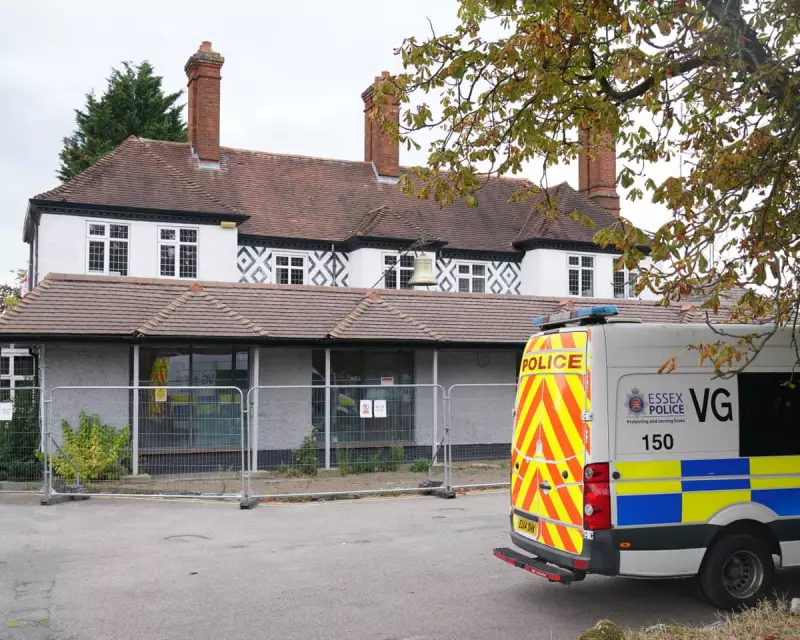
The new Labour government is declaring a decisive offensive against the UK's crippling asylum backlog, targeting the exorbitant cost of housing migrants in hotels. With a price tag of millions per day, the controversial hotel policy has become a symbol of a system in crisis, and Ministers are now racing to implement a cheaper, more efficient alternative.
The Staggering Cost of the Status Quo
Home Secretary Yvette Cooper revealed the eye-watering financial reality: housing over 20,000 asylum seekers in hotels is costing the British taxpayer a staggering £5.6 million every single day. This longstanding practice, a stopgap solution that became permanent, has drained public funds and fuelled political friction.
A Multi-Pronged Attack Plan
Ministers are launching a twin-track approach to dismantle the hotel system. The strategy hinges on two key pillars:
- Accelerated Processing: A major push to swiftly process the remaining 'legacy' asylum cases inherited from the previous administration, finally clearing the backlog.
- Alternative Accommodation: A rapid transition away from expensive hotels towards a network of larger, more cost-effective sites, including former military bases and specialised reception centres.
The goal is not merely to empty the hotels but to create a system that is both more humane for applicants and less burdensome for the public purse.
Political Crossfire and the Road Ahead
The plan has instantly ignited a fierce political battle. While the government frames it as a necessary and fiscally responsible clean-up operation, critics are sounding the alarm. Former Home Secretary James Cleverly accused Labour of attempting to "con the British people" by quietly re-purposing the very facilities the Conservatives had used.
Meanwhile, the Home Office faces logistical hurdles and local opposition to new large-scale sites. The success of this ambitious plan rests on the government's ability to navigate these challenges and deliver on its promise of a more orderly and affordable asylum system.





